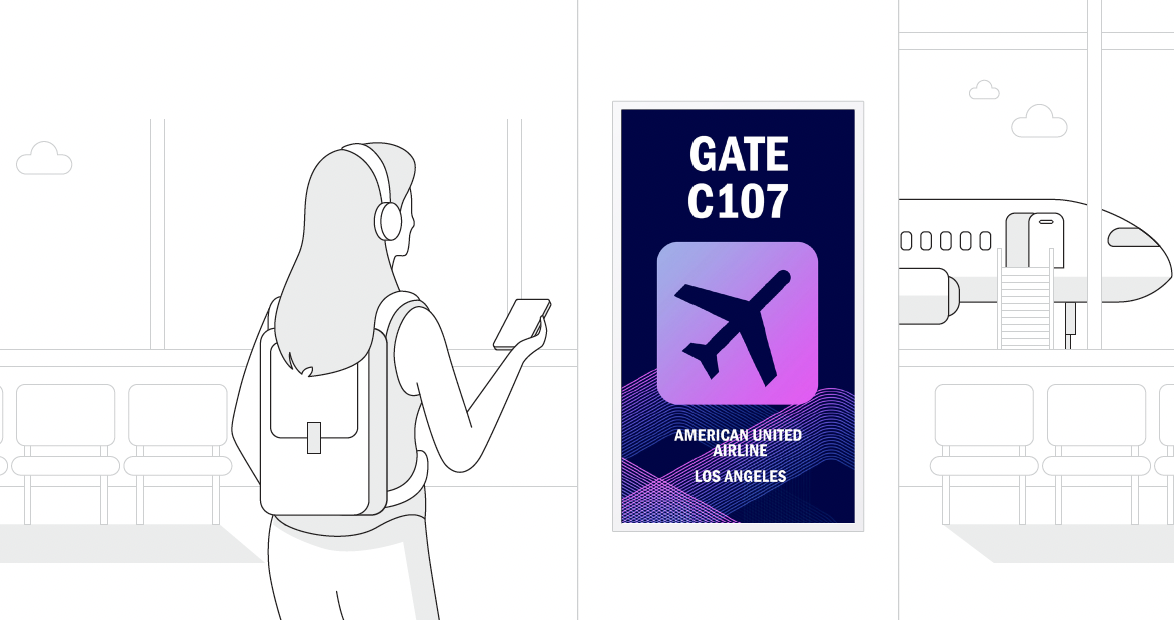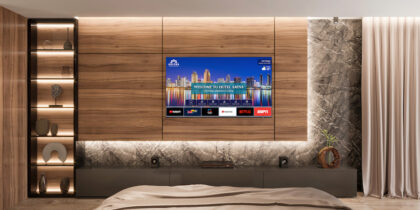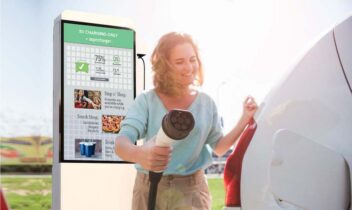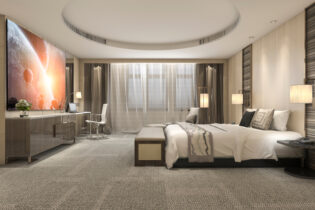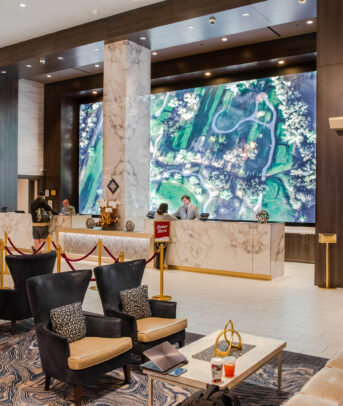Hotels are starting to pay attention to millennial trends in a new way, as this generation is quickly becoming the primary spender in the hospitality industry. According to a report by Sabre, North American millennials currently account for nearly half the online traffic of the sites they look at, and are generating 35 percent of the revenue. All signs point to this trend increasing in the coming years. According to the 3rd Annual Hipmunk Travel Habits Study, 72 percent of millennials expect to travel more for pleasure in 2016, and 80 percent expect to travel more for business.
In order to stay competitive and capture this blossoming market, hotels must understand how millennials make travel decisions, and then adapt their strategy, especially in terms of hospitality technology, to this generation. Since millennials are willing (and in many cases prefer) to stay in vacation rentals such as Airbnb, it is essential to give them a reason to choose a hotel over a rental.
What Factors Into Millennials’ Lodging Decisions?
Although they are known for being a thrifty generation, the Portrait of American Travelers from MMGY Global found that 45 percent of millennials are willing to pay more for true luxury when planning an elaborate stay. Alternatively, for regular travel, millennials look for a clean and efficient place to stay, according to an article in Mashable. In that article, Marriott CEO Arne Sorenson states that younger guests prefer items such as a full dresser, closet and desk to be removed for more space.
A recent Washington Post article pointed out another important consideration for millennials — community space to socialize with other guests. These spaces need to have the tech capabilities for fast (and free) Wi-Fi as well as charging capabilities. As the Mashable article notes, “They spend less time in rooms and like to socialize and work in vibrant lobbies with a sense of community.”
Not surprisingly, technology weighs heavily in millennials’ buying decisions. According to JLL, millennials want technology to be integrated into every aspect of their hotel experience, and look for perks like frequent Wi-Fi hotspots, mobile check-ins and keyless room entries. Sorenson also notes that a big television and fast Wi-Fi are important for this age group.
Using Hospitality Technology to Appeal to Millennials
Hotels that don’t use technology to create an appealing overall guest experience for millennials may find themselves at a competitive disadvantage. Hotels should make sure they allow mobile check-in on smartphones and tablets, as well as mobile key door locks. The hospitality industry can also cater to millennial trends by integrating their messaging with apps, such as WhatsApp and Snapchat.
In the rooms, hotels should upgrade their technology to include smart hospitality televisions that allow guests to stream content to in-room televisions, since many millennials bring their own content on devices. Additionally, hotels can cater to millennials by using energy-efficient in-room technology, including Internet of Things technology that customizes the environment to the guests’ lighting and temperature preferences.
Using technology throughout the hotel is another crucial component. Hotels should consider creating tech-enabled community spaces with plenty of outlets, smart televisions and space for bonding over technology. Since millennials are exceptionally reliant on their smartphones, hotels can use beacon technology to provide personalized information and offers to increase guest satisfaction and upsells.
Using new technology to appeal to millennials isn’t something that hotels can put on their “to be considered” list. While it’s important to create alternate paths for less tech-savvy guests, hotel trends must adapt to cater to this new generation of consumers in order for traditional hotels remain competitive in today’s market.
Learn about how digital hotel compendiums are helping hotels stay at forefront of innovative technology by streamlining their operations.


